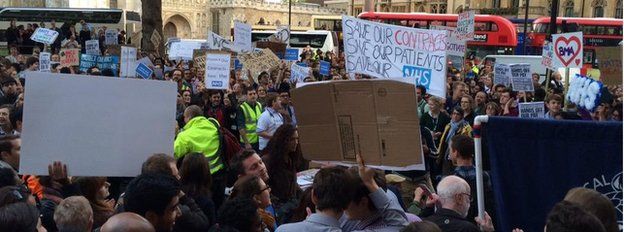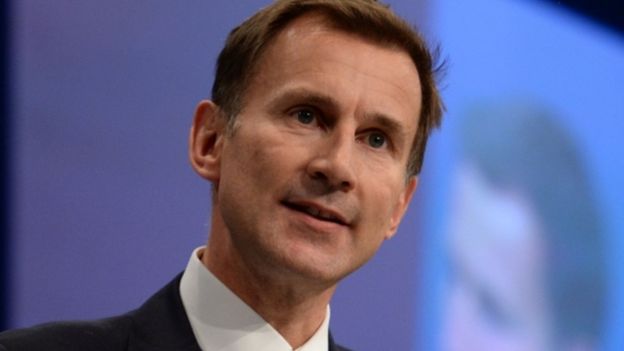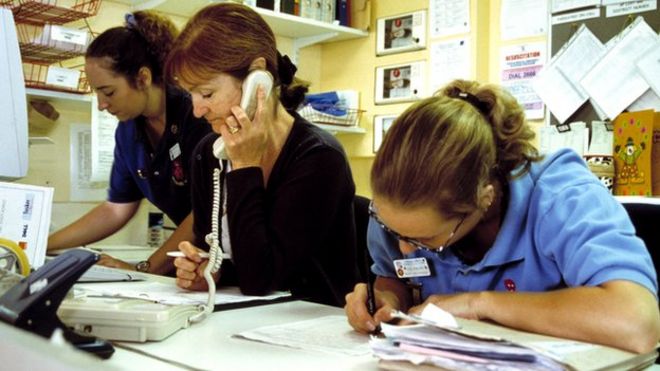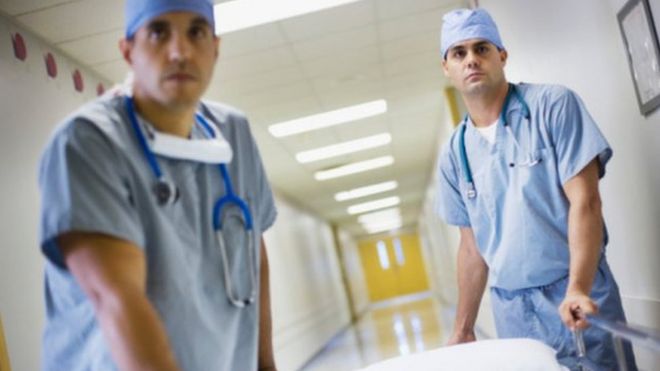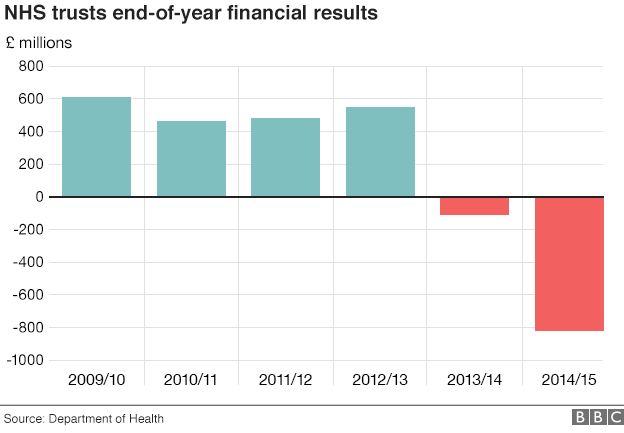'Tampon tax' issue to be raised with the European Commission
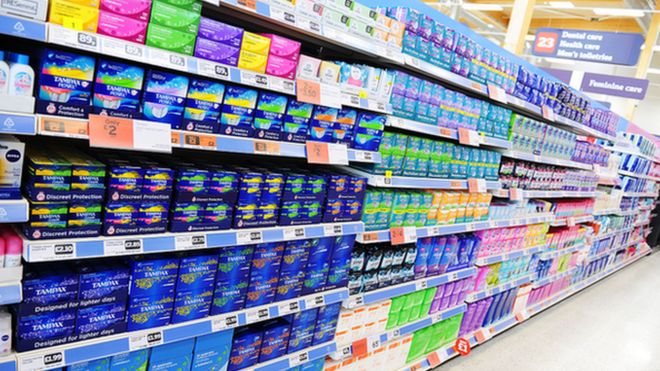 ALAMY
ALAMY
The issue of the so-called "tampon tax" on sanitary products will be raised with the European Commission, a UK Treasury minister has said.
David Gauke said the government sympathised with efforts to force a negotiation with the EU for a reduction in the 5% VAT rate on sanitary items.
But he said the UK was unable to apply a zero rating under EU law.
MPs rejected the Finance Bill amendment, which would have forced a negotiation, by 305 to 287 votes.
HM Revenue and Customs (HMRC) says the VAT rate charged on the items is the lowest allowed under EU law.
The government said any change would require a European Commission proposal and the unanimous agreement of all 28 member states.
Mr Gauke, the financial secretary to the Treasury, said: "This debate illustrates there is very considerable cross-party support for the UK to abolish VAT on sanitary products.
"To that end… I will raise this issue with the European Commission and other member states setting out our views that it should be possible for member states to apply a zero-rate to sanitary products."
Labour cut the rate when it was in government from the then-standard rate of 17.5% - imposed in the 1970s - to the lower rate of 5%, but was prevented from going any lower by the European rules.
A petition calling for a change in the law has more than 250,000 signatures.
'Absurd'
Labour MP Paula Sherriff's amendment, backed by shadow chancellor John McDonnell, would have required Chancellor George Osborne to publish, within three months, a strategy for negotiating an exemption with EU institutions.
One of the Conservatives supporting the motion, Bernard Jenkin, said the situation was "an example of where the EU has taken over jurisdiction over our tax where it should not have".
SNP MP Alison Thewliss added: "It is absurd that while men's razors, children's nappies and even products like Jaffa Cakes, exotic meats and edible cake decorations are free from VAT, women are still having to pay additional costs on what is already an expensive yet vital product."
A Treasury spokesman said: "The UK has set the VAT on sanitary products at the minimum rate permissible under EU rules."
Asked about the calls for a zero VAT rate, the prime minister's spokeswoman said: "What is being proposed is not something that being looked at we think is achievable."
